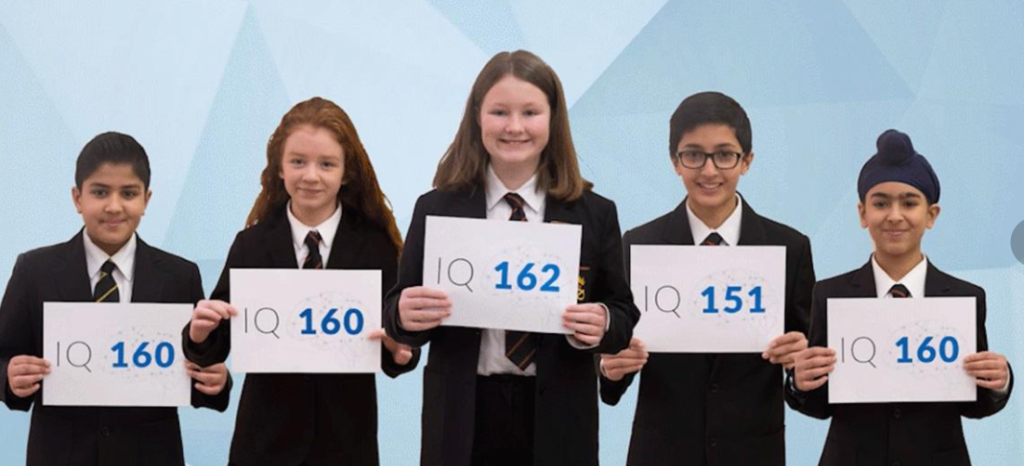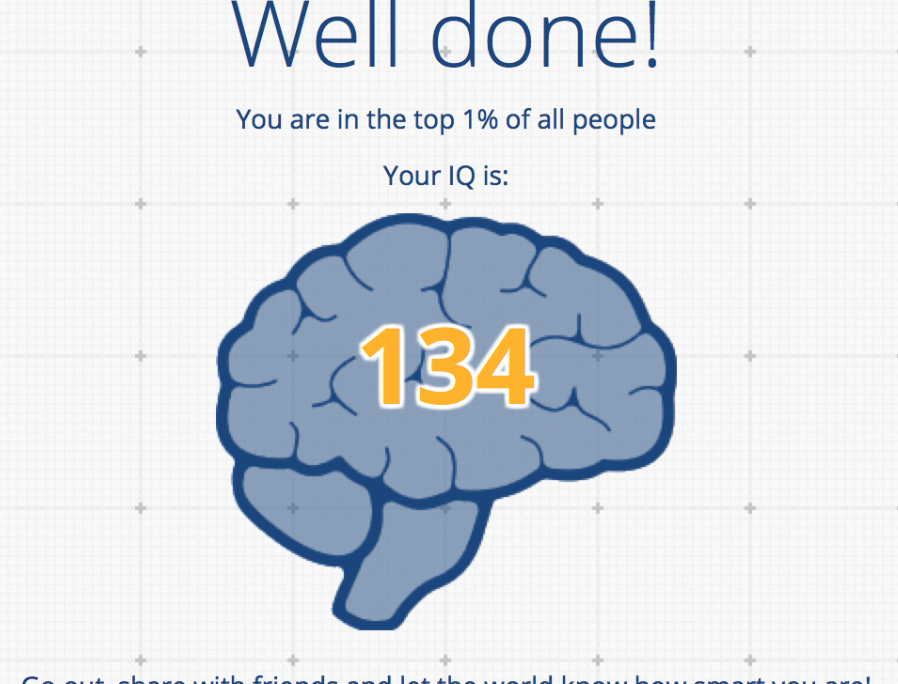Psychologists utilize intelligence quotients (IQ tests) to identify individuals who may need extra support at school or in the workplace.
On IQ tests, scores between 90 and 110 or the median plus or minus 10 indicate average intelligence. A score above 130 denotes exceptional brain power.
Logic Puzzles
Logic puzzles are an excellent way to stimulate your mind and test your cognitive abilities. Solving them requires a high level of reasoning and problem-solving, while also improving IQ levels.
Math puzzles require you to deduce information from a set of clues. They may be challenging and take some time to solve, but they provide an enjoyable way to exercise your mind!

Logic puzzles are one of the most beloved types of puzzles. They require precise reasoning, with facts being matched and evaluated for consistency. Furthermore, logic puzzles provide an excellent opportunity for students to learn about math and logic concepts.
Analogies
Analogies are an integral component of many intelligence tests, testing your capacity to discern similarities among various items such as words, numbers and pictures. Analogies test your analytical and discernment skills.
Verbal analogies involve words, while numerical and non-verbal examples involve numbers or pictures. IQ tests include an extensive set of analogy problems in which you must apply your knowledge and logic skills to solve each one.
Theories have been proposed to explain how analogy occurs. Some suggest there is an overall similarity between domains, while others use structure-mapping theory to assess whether correspondences are meaningful and systematic.
Syllogisms
Syllogisms are a helpful technique that can be employed to solve IQ test and craft persuasive speeches and essays.
Syllogisms are forms of logic that require three statements: the major premise, minor premise and conclusion. Each has an intimate connection to the other; ultimately, you draw your conclusion from these two premises.
Syllogism types differ, and their validity can vary considerably. For instance, the statement “All lizards have fur” is false because its first two premises are true but its final one cannot be proved logically connected to them.
Another type of syllogism is known as the syllogistic fallacy. This fallacy involves making an assertion that cannot be proved, thus rendering your conclusion indefinite.
Number Series
Number series questions are a staple of many numerical reasoning tests. They test your capacity to detect patterns in numbers and manipulate them by adding, subtracting, multiplying, and dividing them.
Solving mathematical puzzles can be a challenging endeavor. Sometimes the solutions may seem obvious, but others require extensive trial-and-error to figure out.
To successfully answer these questions, it’s best to study thoroughly and become familiar with their workings. Doing this will enable you to quickly spot them during your exam.
IQ tests have become more and more popular, offering various types of questions to test your understanding. Some are logic puzzles, while others use basic math concepts.
Matrices

Matrixes are mathematical expressions used for solving systems of linear equations. They consist of a rectangular set of numbers or symbols distributed vertically and horizontally, with their elements organized in rows and columns.
Addition, multiplication and decomposition are fundamental operations in linear algebra and can be applied to a wide variety of problems.
They are commonly employed in IQ tests such as Raven’s Progressive Matrices. These nonverbal assessments measure fluid intelligence, or the capacity for adapting one’s thinking ‘fluently’ to new problems and information.



